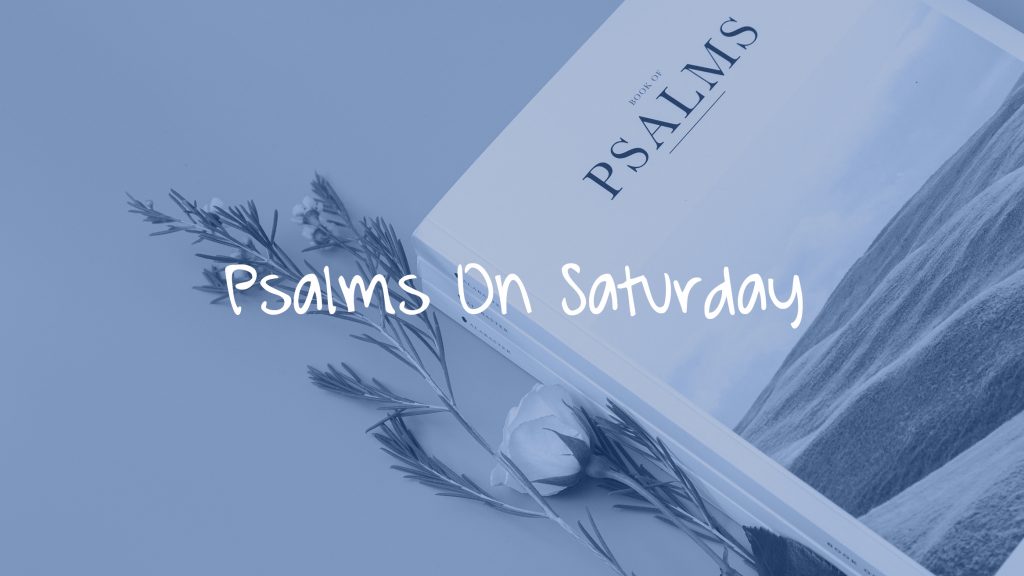I’m a sinner.
I constantly say, do, and think things that I shouldn’t. Some of them are spontaneous “Oops!” and “Sorry!” but too many are continual with a “God, I will never do that again.”
Then I do.
Psalm 51 is the sinner’s prayer. It has become my friend and helped me to overcome sin. It can be your friend too.
Let’s start with what we need to say after we sin. Listen to King David’s confession in Psalm 51:
Have mercy on me, O God, according to your steadfast love; according to your abundant mercy blot out my transgressions (v 1).
The context of Psalm 51 is the greatest sin of King David’s life. He lusted after Bathsheba, seduced her, and when she was found pregnant, had her husband Uriah killed so he could marry her. After this sin, King David went on living, not ashamed or convicted of his sin, until confronted by the prophet Nathan.
Read the entire story in 2 Samuel 12 and 13. What stands out to me – David was caught in his sin. He didn’t acknowledge it and confess until confronted.
God still forgave King David.
King Solomon was the son of David and Bathsheba. Jesus was born in the lineage of King David and Bathsheba. David received mercy. We can too. David was a murderer while most of us aren’t.
If we confess our sin, God will forgive it.
Many Old Testament figures sinned and didn’t find mercy. We learn sincere repentance and confession in Psalm 51. Listen to David again:
Wash me thoroughly from my iniquity, and cleanse me from my sin (v 2)!
Against you, you only, have I sinned and done what is evil in your sight (v 4).
Purge me with hyssop, and I shall be clean; wash me, and I shall be whiter than snow (v 7).
God responds with mercy to true repentance. He sent Jesus! The difference between David and others in the Old Testament – David didn’t just apologize, he humbled himself and sought God.
Let me hear joy and gladness; let the bones that you have broken rejoice. Hide your face from my sins and blot out all my iniquities (vv 8-9).
Reading Psalm 51, I get the sense that David’s greatest fear from his sin was losing his relationship with God. Insincere repentance regrets the loss of prestige, money, or power. David’s loss was fellowship with God.
His sincerity was proven when he didn’t ask what he could do to make things better.
For you will not delight in sacrifice, or I would give it; you will not be pleased with a burnt offering. The sacrifices of God are a broken spirit; a broken and contrite heart, O God, you will not despise (vv 16-17).
Listen to the intensity of David’s sorrow:
Cast me not away from your presence and take not your Holy Spirit from me. Restore to me the joy of your salvation and uphold me with a willing spirit (vv 11-12).
King David truthfully, without hidden motive or duplicity, filled with sorrow, repented of His sin. He did not seek to bargain with God. His regret was losing the joy of his salvation.
Stop. Have you done something for which you have lost the joy of your salvation? Do you have joy in your salvation right now?
Psalm 51 ends with a man who has truly repented. Before, during, and immediately after David’s sin, he was king – and as king, he didn’t answer to anyone and didn’t care about the consequences of his actions.
That’s hardness of heart.
At the end of Psalm 51, David says:
Do good to Zion in your good pleasure; build up the walls of Jerusalem (v 18).
Not only did the mercy of God restore David’s joy but God used David’s sin to renew his heart for the people of his kingdom.
King David is a prototype for King Jesus – only Jesus had no sin. Jesus, the perfect King, extends mercy to us through His blood.
Psalm 51. A Psalm for you and me who are sinners.

